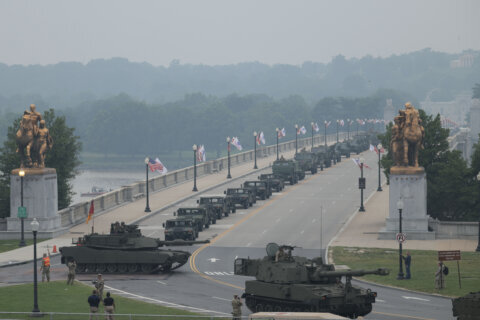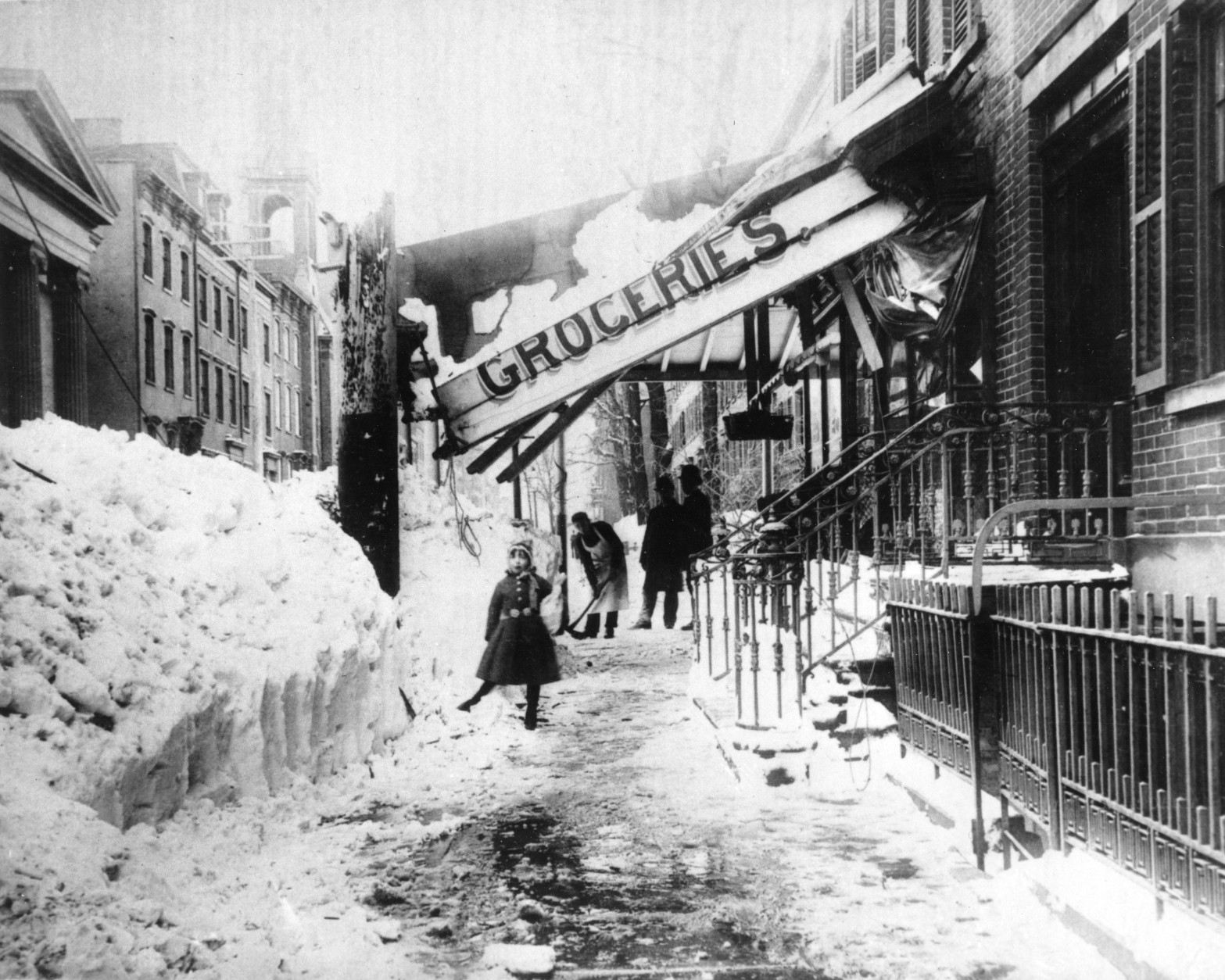
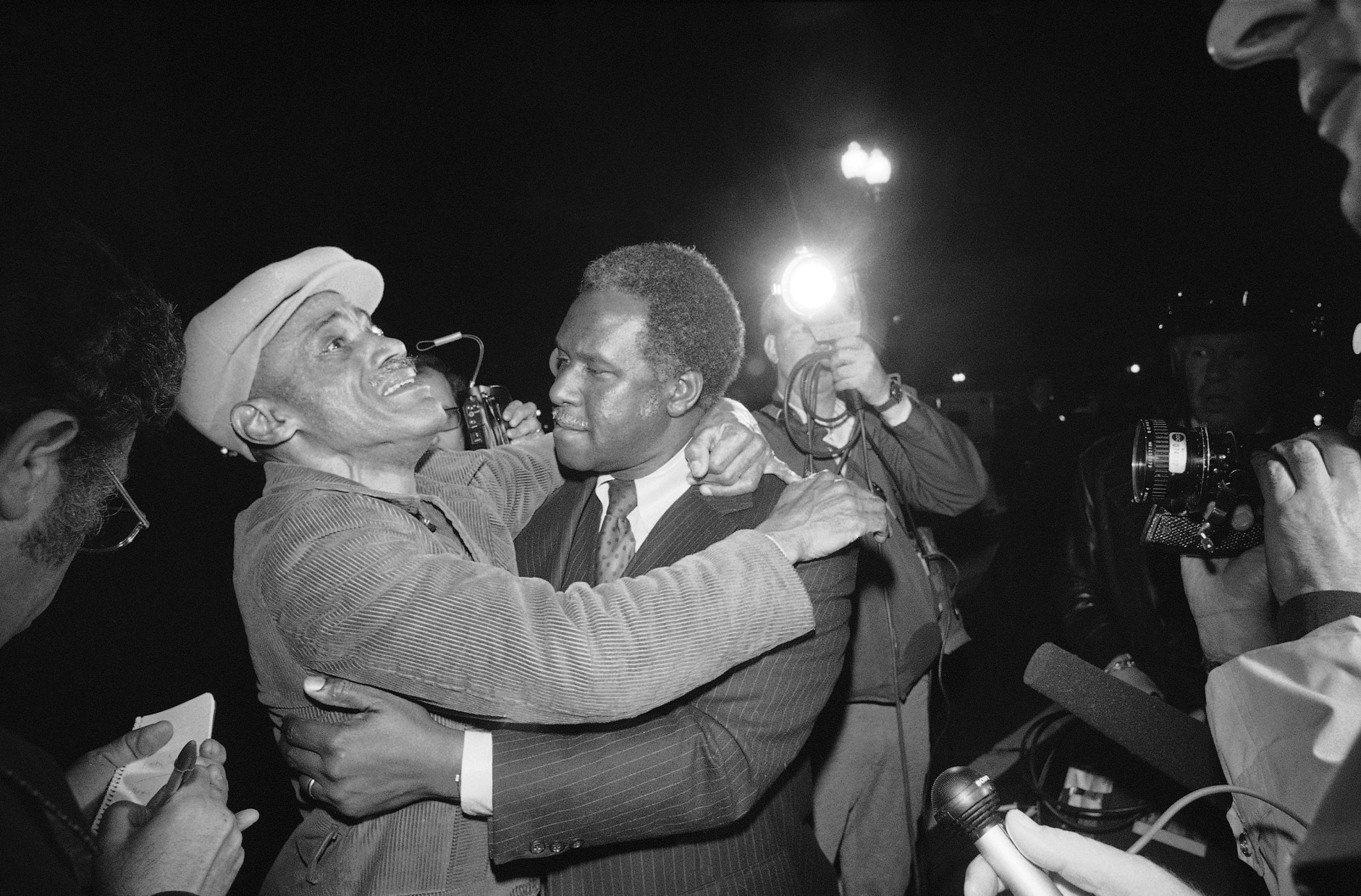
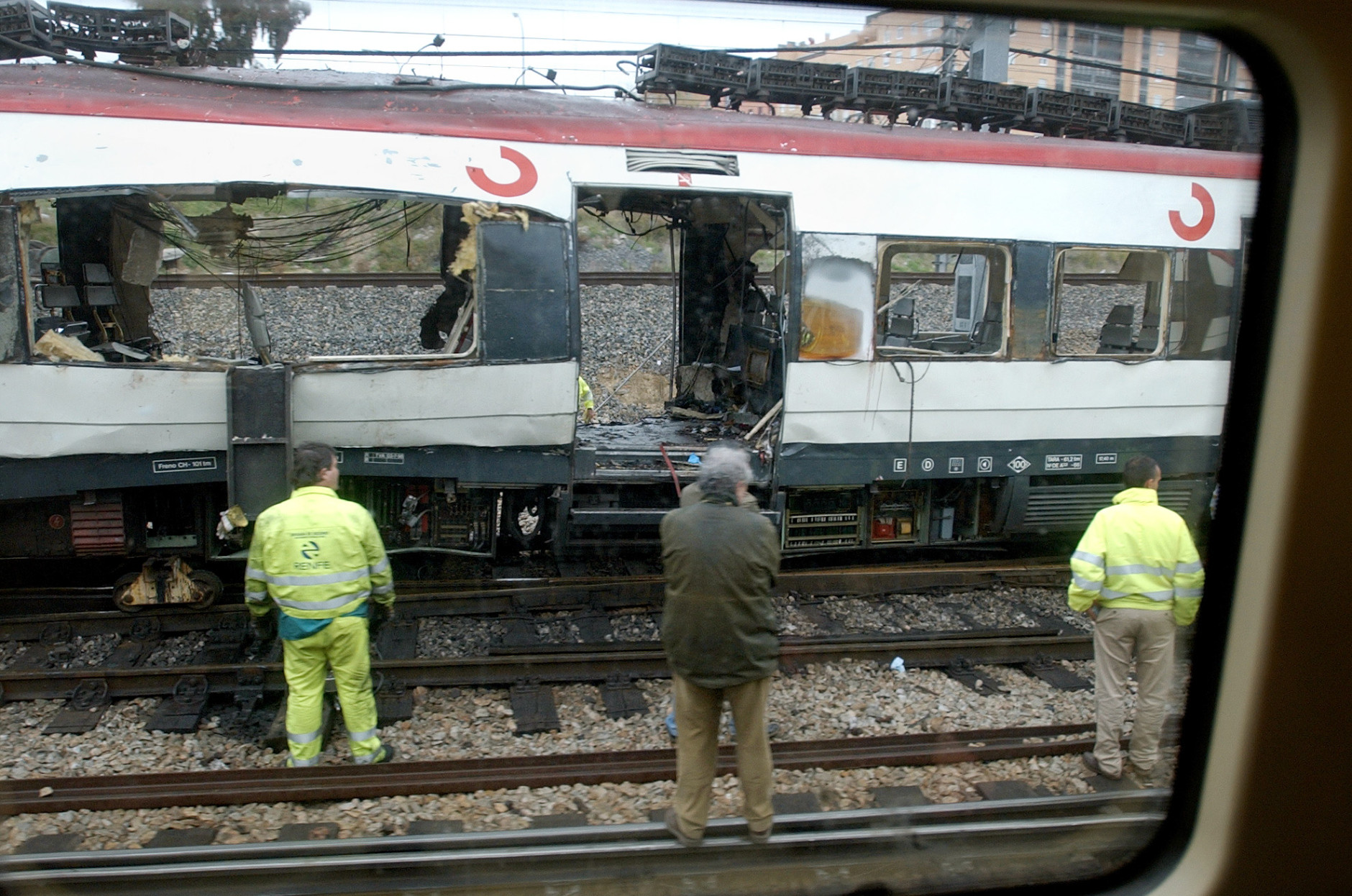
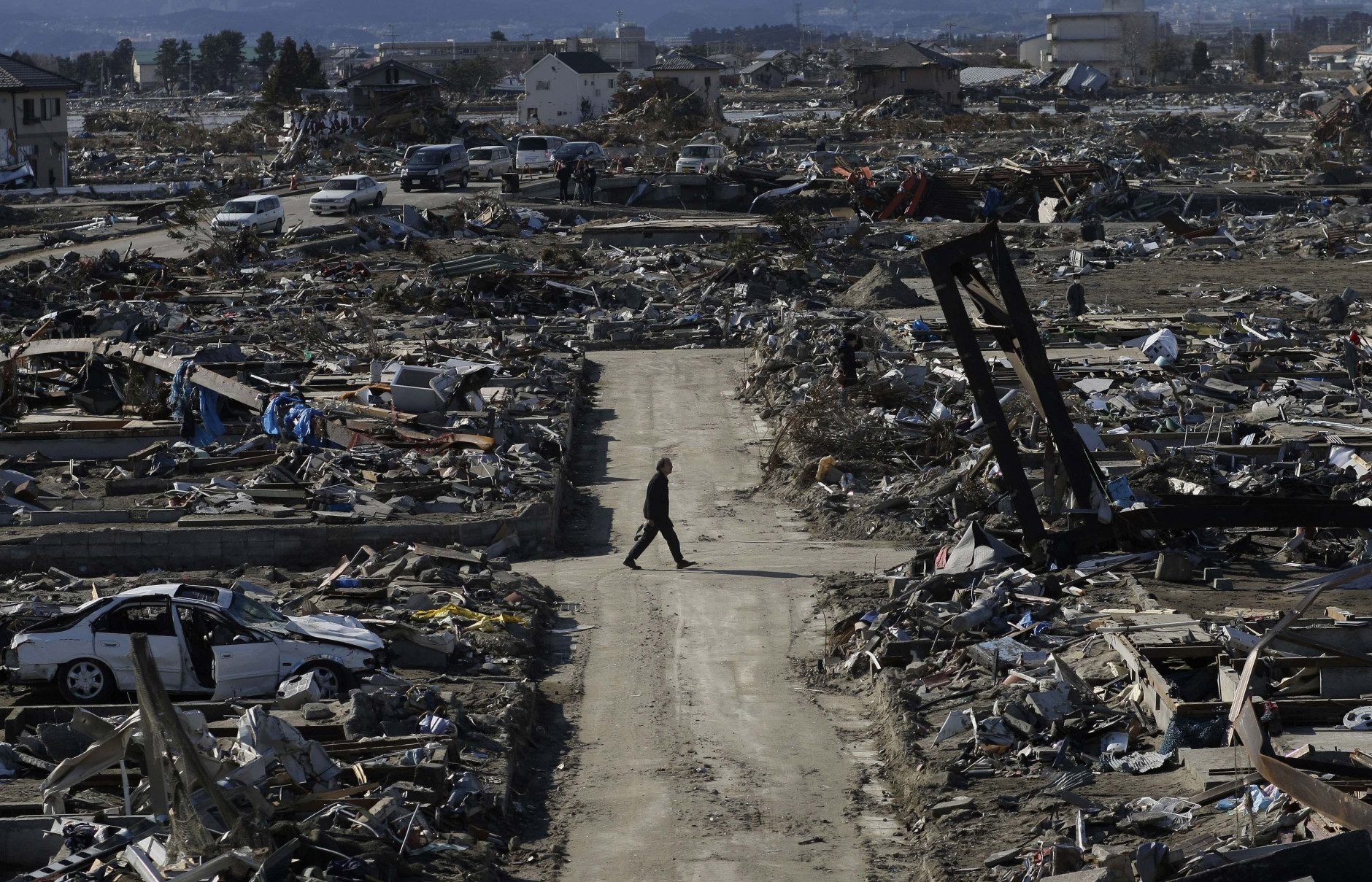
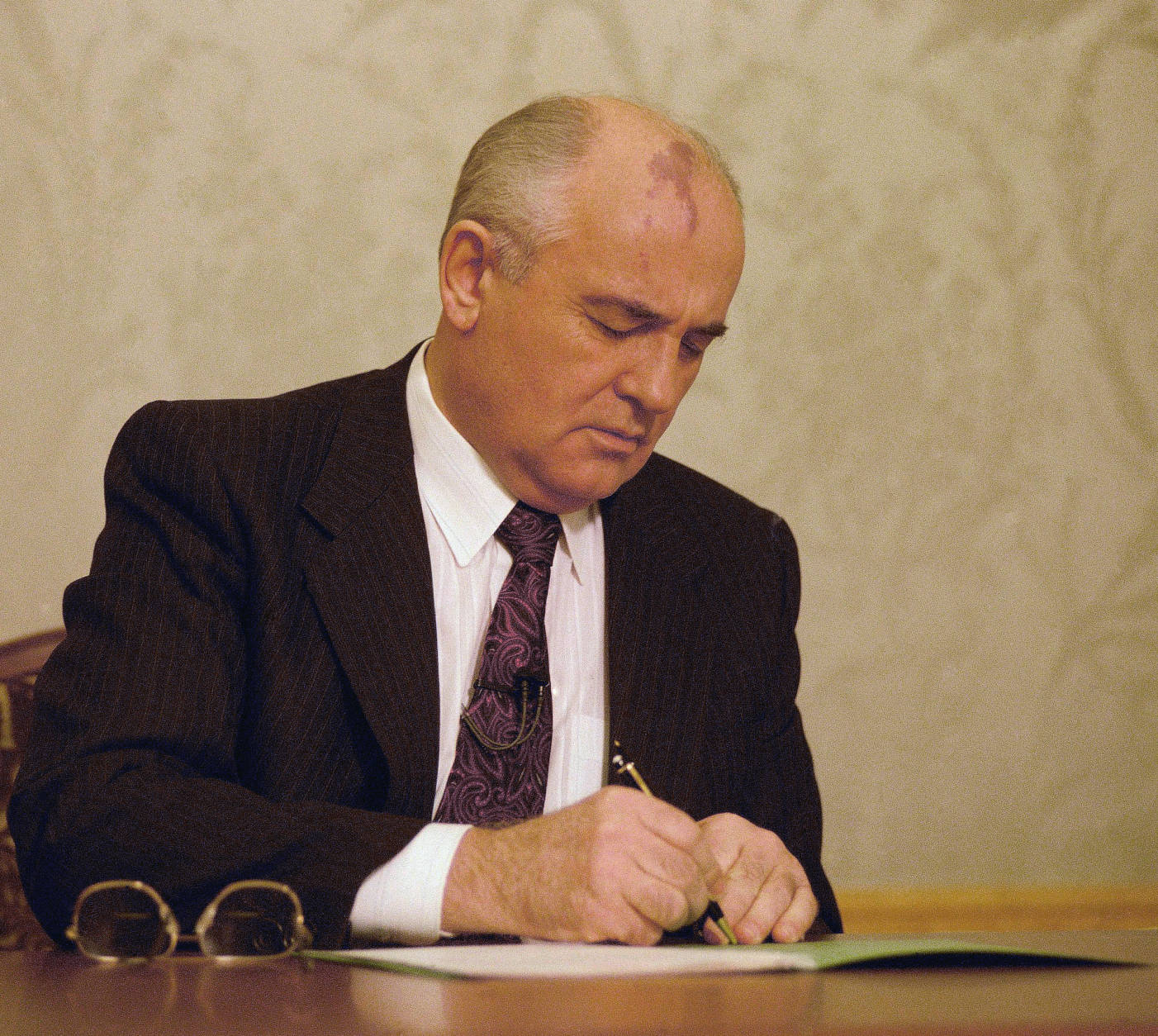
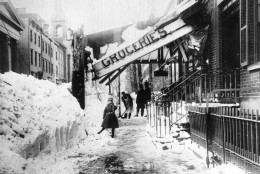
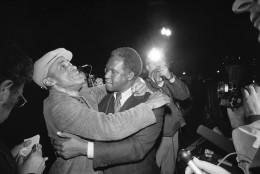
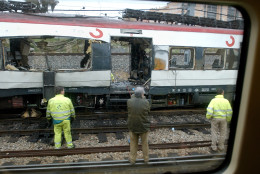
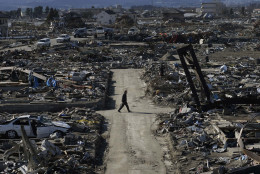
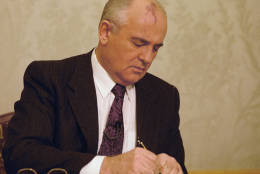
Today is Monday, March 11, the 70th day of 2019.
Today’s Highlight in History:
On March 11, 1985, Mikhail S. Gorbachev was chosen to succeed the late Konstantin U. Chernenko as general secretary of the Soviet Communist Party.
On this date:
In 1513, Giovanni de’ Medici was proclaimed pope, succeeding Julius II; he took the name Leo X.
In 1888, the Blizzard of `88, also known as the “Great White Hurricane,” began inundating the northeastern United States, resulting in some 400 deaths.
In 1918, what are believed to be the first confirmed U.S. cases of a deadly global flu pandemic were reported among U.S. Army soldiers stationed at Fort Riley, Kansas; 46 would die. (The worldwide outbreak of influenza claimed an estimated 20 to 40 million lives.)
In 1935, the Bank of Canada began operations, issuing its first series of bank notes.
In 1941, President Franklin D. Roosevelt signed the Lend-Lease Bill, providing war supplies to countries fighting the Axis.
In 1954, the U.S. Army charged that Sen. Joseph R. McCarthy, R-Wis., and his subcommittee’s chief counsel, Roy Cohn, had exerted pressure to obtain favored treatment for Pvt. G. David Schine, a former consultant to the subcommittee. (The confrontation culminated in the famous Senate Army-McCarthy hearings.)
In 1959, the Lorraine Hansberry drama “A Raisin in the Sun” opened at New York’s Ethel Barrymore Theater.
In 1977, more than 130 hostages held in Washington, D.C., by Hanafi Muslims were freed after ambassadors from three Islamic nations joined the negotiations.
In 1993, Janet Reno was unanimously confirmed by the Senate to be U.S. attorney general.
In 2003, a U.S. Army helicopter crashed near Fort Drum in upstate New York, killing 11 soldiers. Recep Tayyip Erdogan (REH’-jehp TY’-ihp UR’-doh-wahn), the leader of Turkey’s governing party, was named prime minister. After a four-day walkout that cost New York City $10 million, Broadway musicians settled the first strike on the Great White Way in nearly 30 years.
In 2004, ten bombs exploded in quick succession across the commuter rail network in Madrid, Spain, killing 191 people in an attack linked to al-Qaida-inspired militants.
In 2011, a magnitude-9.0 earthquake and resulting tsunami struck Japan’s northeastern coast, killing nearly 20,000 people and severely damaging the Fukushima Dai-ichi (foo-koo-SHEE’-mah dy-EE’-chee) nuclear power station.
Ten years ago: President Barack Obama signed a $410 billion spending package to keep the government running through September 2009, even as he called it “imperfect” because of the number of earmarks it contained. A teenager, Tim Kretschmer, went on a shooting rampage starting at a school in Winnenden, Germany, killing 15 people before committing suicide.
Five years ago: In an extraordinary public accusation, the head of the Senate Intelligence Committee, Sen. Dianne Feinstein, D-Calif., declared the CIA had interfered with and then tried to intimidate a congressional investigation into the agency’s possible use of torture in terror probes during the Bush administration. Swedish Radio reporter Nils Horner was shot dead in Kabul, Afghanistan, in an attack claimed by a Taliban splinter group. Dallas Seavey ran a blistering pace and took the lead just hours before the finish to win the Iditarod Trail Sled Dog Race.
One year ago: The White House pledged to help states pay for firearms training for teachers, and renewed its call for an improved background check system, as part of a new plan to prevent school shootings like the one that left 17 people dead at a Florida high school four weeks earlier; the plan did not include a push to boost the minimum age for purchasing assault weapons to 21. British officials investigating the nerve agent attack on a Russian ex-spy and his adult daughter said limited traces of contamination were found in a restaurant and a pub in the English city of Salisbury. Lawmakers in China abolished presidential term limits that had been in place for more than 35 years, opening up the possibility of Xi Jinping (shee jihn-peeng) holding power for life.
Copyright © 2026 The Associated Press. All rights reserved. This material may not be published, broadcast, written or redistributed.

